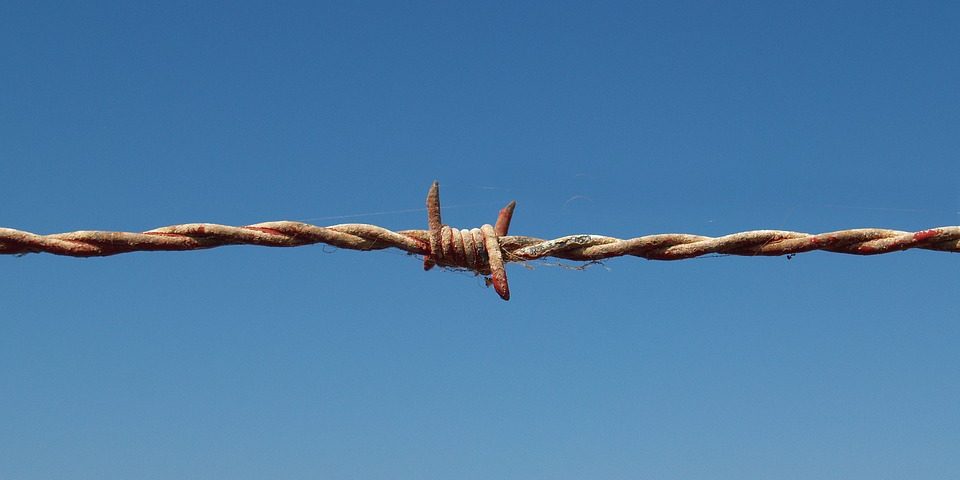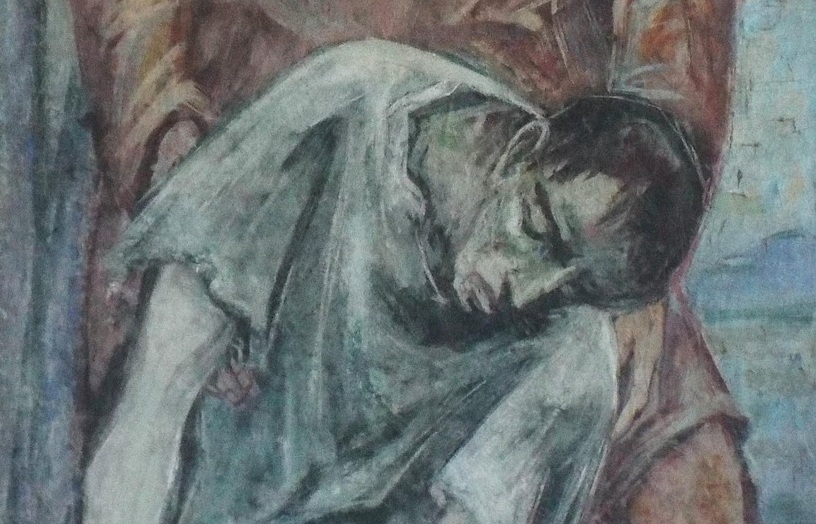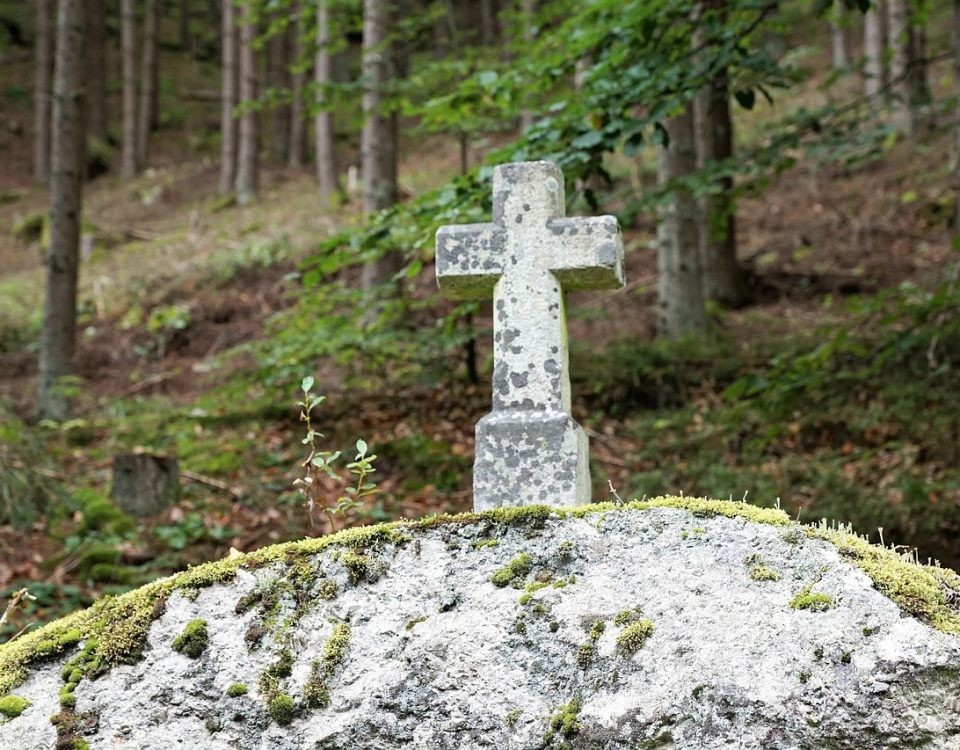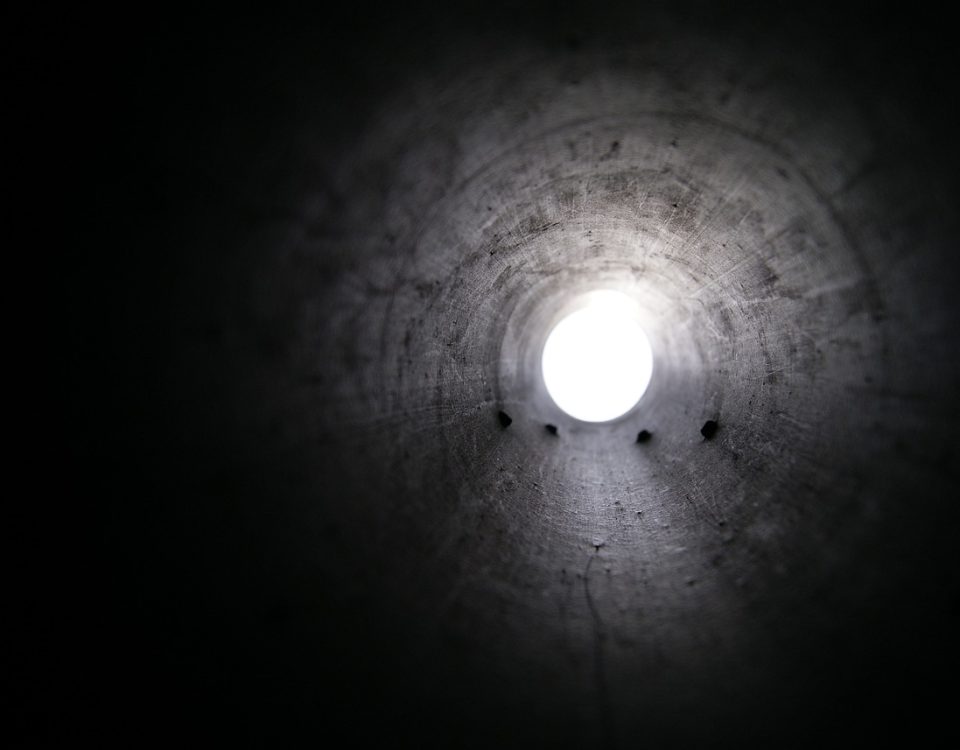Rodrigo’s son is Adrian. Adrian is disabled. Rodrigo works three jobs to pay for his care. Rodrigo brought Adrian from Peru to the United States 15 years ago, so he’d receive the best care possible, so he could live. Because Rodrigo loves Adrian, a father and a son.
This, in brief, is the human story, right here in Dallas. Not unique, it’s repeated in every city in America. The story of a bond that is biological and mystical, of blood and love, it’s part of the human story rooted in the ancient mists and mythologies of our species. It’s the story of the affection Aristotle called “paternal friendship,” that love a father has for his children “because he regards them as something of himself.” The Stoics called the bond between spouses and families the foundation of “all human things,” the love which causes all.
It’s that love you know and feel when you look at your kids, that barely speakable happiness. I’m a father; I love my children. It’s the foundation of the world, where love on this earth comes from. It’s the human story.
But, of course, there’s another story. Rodrigo is not a citizen of the United States; his visa expired years ago. In 2010 he was served with deportation orders, and it’s been an anxious legal game ever since. When he was told earlier this year he’d have to go back to Peru, an Immigration and Customs Enforcement official put it this way: “the totality of circumstances do not support the favorable exercise of discretion.” For whatever reason, legal, political or bureaucratic, this father with no criminal record must go. Huddled masses are welcome, but not Rodrigo. The totality of circumstances isn’t favorable.
This too is the human story, the political story. It belongs to the rise of what Reece Jones in his book, Violent Borders: Refugees and the Right to Move, calls the “border regime.” Not 30 years ago, he says, only 15 countries had border walls or fences; now almost 70 do. States have militarized their borders, making economic or ecological migration lethal. This, as corporations have become more mobile, better able to exploit workers unable to migrate for better wages. An unequal game to begin with, hardened states often do the dirty work for cheap labor. That’s the story underneath the stories politicians tell, all to keep us from following the money.
That’s the utility of our present political racism and jingoism, the use of punditry. It’s the story behind government bureaucracy, behind good people just doing their jobs, behind the inexpensive goods we enjoy; it’s the story behind “the totality of circumstances” not supporting the “favorable exercise of discretion.” Two stories: one of the family, the other a story of politics and economics. It’s how we’re all involved, the immoral bond between us: between Rodrigo, his son, you and me.
And it’s why we should care. Because these stories we’re telling ourselves just happen to be tearing families apart, and our souls too.
Undoubtedly, it’s more complicated than this. What border reform looks like, what real immigration reform looks like, is difficult to imagine. However, what I know and experience daily among people I serve is that a shadow has been cast upon their families, that now the fear of the state worms within their brains and hearts, parents and children alike. A call from ICE: Please come see us next Tuesday afternoon. Silence, fear. I will not leave the house; I will not answer the door; I will not go to church.
More than 900 migrant children have been separated from their parents this year. Silence, fear, anxiety. Rodrigo’s case was deferred only until September, and there are countless Rodrigos and Adrians in this country. This is the social-psychological torture innumerable families suffer, fearful in the land of the free. Families like ours, who love their children just like we do.
This is the basic conflict, the fundamental question of our time. Never mind ideology, religion or philosophy, it’s a simple moral question. Which story do we cherish more: the human story of the family or the story of politics, the state, and economics? Rodrigo cares for his son; his son needs him to live. Do we cherish this? Can he stay? Or, do we prefer the words of the ICE official? “I thoroughly considered all relevant factors, including his immigration history, his equities … denied.” The question is simple.
Whether it’s to be answered before God or your own conscience, it doesn’t matter. It’s a question for each of us, and too many people are literally dying for us to answer. It’s urgent and, for us, existential. Because our answer will tell us what we’ve become. Whether people of human love or something else, who either cherish a father’s love or don’t.
This column originally appeared in the Dallas Morning News.










